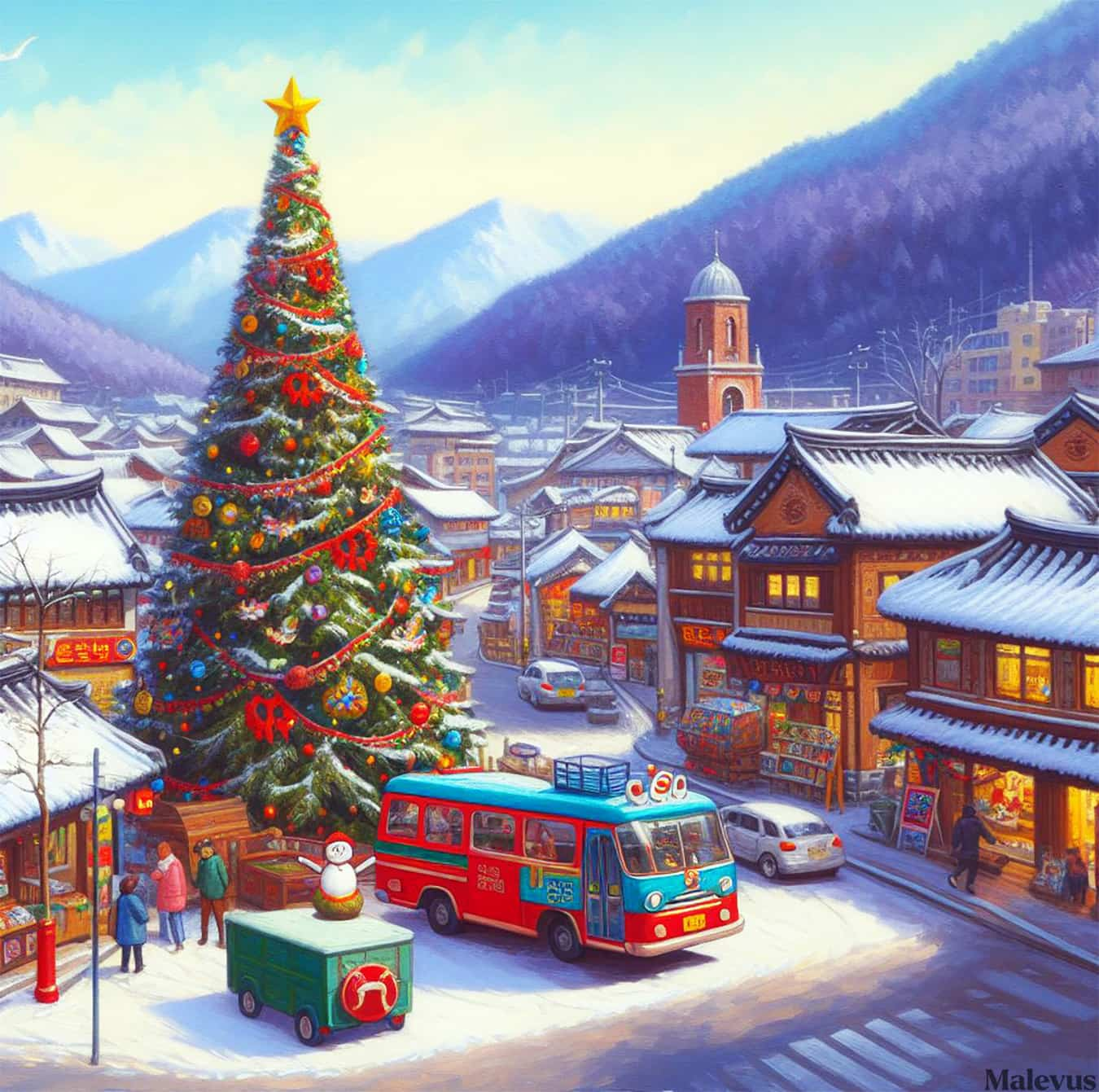Christmas in Korea: How Do Koreans Celebrate This Day?
The 25th of December is not a national holiday in South Korea. Thus, no days off are granted to employees, even when the holiday falls on a weekend.

The 25th of December is not a national holiday in South Korea. Thus, no days off are granted to employees, even when the holiday falls on a weekend.



